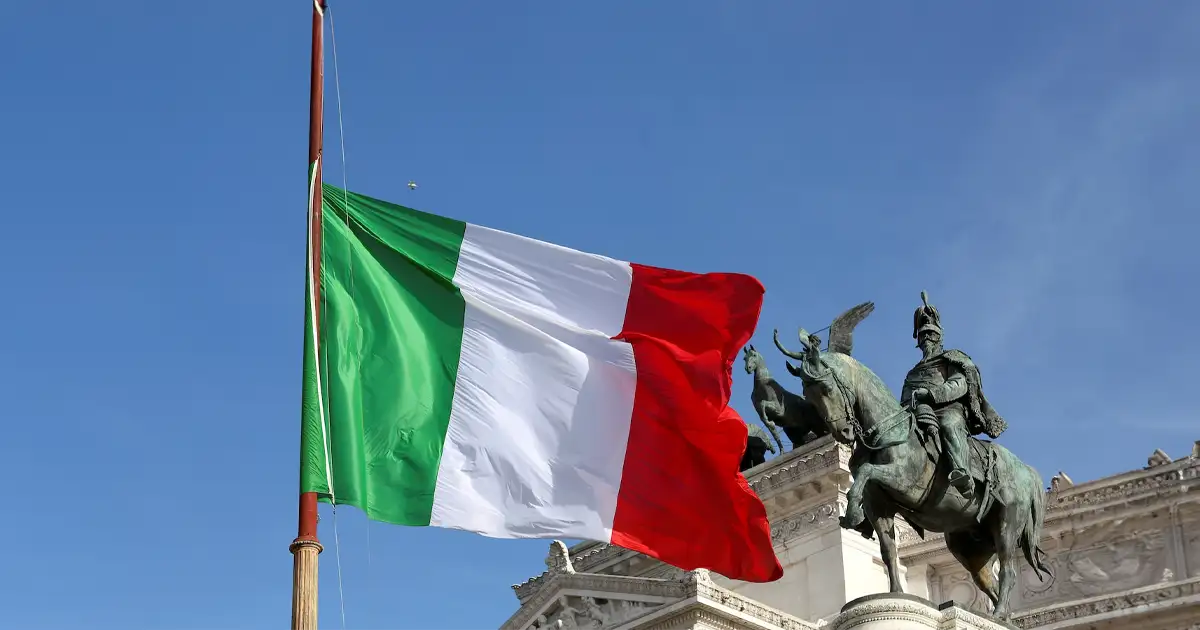Shock reform of online gambling for 2026! Italy rethinks its strategy
Italy is looking to take a decisive step forward in the regulation of its online gambling market. After years of the status quo and battles against the black market, the Italian government has adopted an ambitious reform aimed at radically transforming a sector that is as lucrative as it is controversial. At the heart of this reorganisation are high-priced licences, a strategy of consolidation, increased surveillance and a stated desire to provide better protection for players, particularly minors.
Italy seems intent on reshuffling the cards in a sector in flux. This reform, the most significant in over a decade, marks a strategic turning point in the way Europe regulates online gambling.
Towards market consolidation
Since the restructuring decree, any operator wishing to offer online gambling in Italy must pay a record €7 million for a licence valid for nine years. The first instalment of €4 million is required at the time of application, with the balance to follow before the launch of operations.
Under these drastic conditions, the number of active operators could fall from nearly 80 to around 50. The aim is to consolidate the market around robust and responsible structures. There is a risk that the smaller players will give up, leaving a landscape dominated by behemoths such as Entain, Lottomatica and SNAI.
However, the ADM limits each group to five licences in order to avoid excessive concentration.
For years, access to the Italian online gambling market, one of the richest and most influential in Europe, was surprisingly simple. With an initial investment of just €250,000, even the smallest companies were eligible for a concession. Those days are gone, according to ADM. From now on, priority will be given to operators with a solid financial base and the ability to meet the most stringent technical and regulatory standards.
A cumbersome but structuring system
- Licence: €4m on application, €3m on start-up.
- One-off payment: 3% of turnover + 0.2% for the prevention of problem gambling.
- Tax: from 24.5% to 25.5% of gross gaming revenue.
- Anti-corruption commitment: security deposit (provisional: €750,000, definitive: €3.7m in the first year) + €560 to ANAC.
- Limit: each operator may only apply for 5 licences.
Technical provisions and compliance
In addition to the financial aspects, the regulatory framework now requires:
- Independent certification of IT systems,
- Increased monitoring of transactions,
- Turnover requirement of €3 million over the last two years,
- Operators established within the EEA, servers located in Europe.
This increase in requirements should also strengthen the fight against money laundering and improve the traceability of financial flows.
Who, when and how?
The deadline for submitting applications was 30 May 2025, with an analysis period of around 9 months. The government expects around fifty operators, generating initial costs of €350m, rising to €100m annually.
Protecting players and modernisation
The social aspect has not been forgotten: a percentage of turnover will be invested in responsible gambling campaigns, age checks will be tightened up, and so on. In addition, a public register of licences and control actions will be made available via a transparent portal launched by the ADM. Given the alarming results (64% of 15-17 year-olds are thought to have gambled at least once during the year), prevention programmes and strict age controls will be part of the reform.
The tax revenue thus generated should help to finance social projects, awareness campaigns and the restructuring of the physical market (casinos, points of sale). Ultimately, this reform could bring in €350 million from 2025, plus annual taxes on operators’ revenues.
The challenge of the black market
The Italian government justifies this reform by the desire to better protect players while drying up the parallel market, estimated to be worth more than €1 billion a year. With this in mind, ADM is stepping up technical controls: systems security, certification, blockchain, and a limit of one site per operator.
Illegal gambling is a huge business, with €25 billion wagered outside the regulated circuit, or 75% of the unauthorised total. The authorities blocked nearly 9,800 illegal sites in 2023, compared with 5,400 the previous year.


